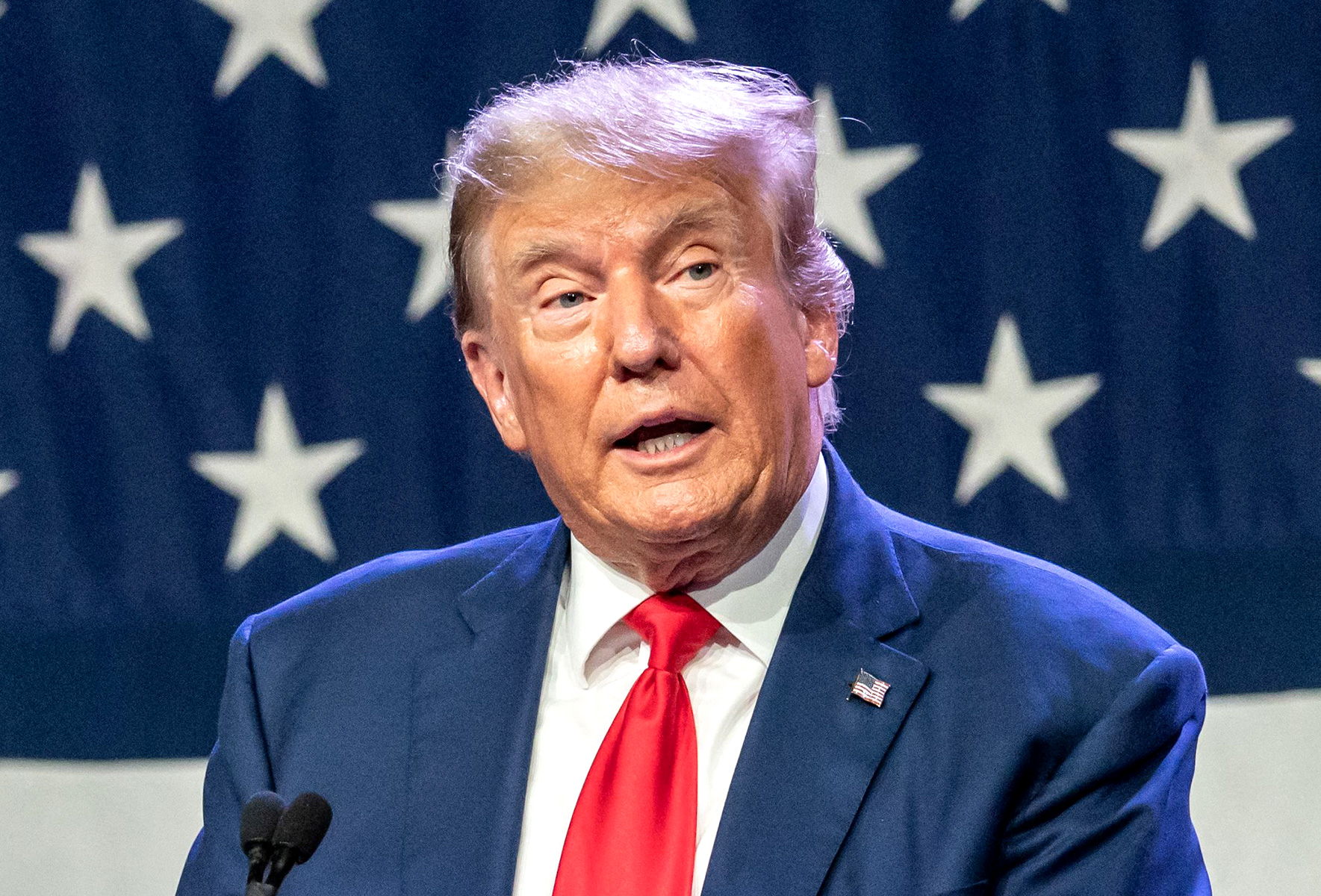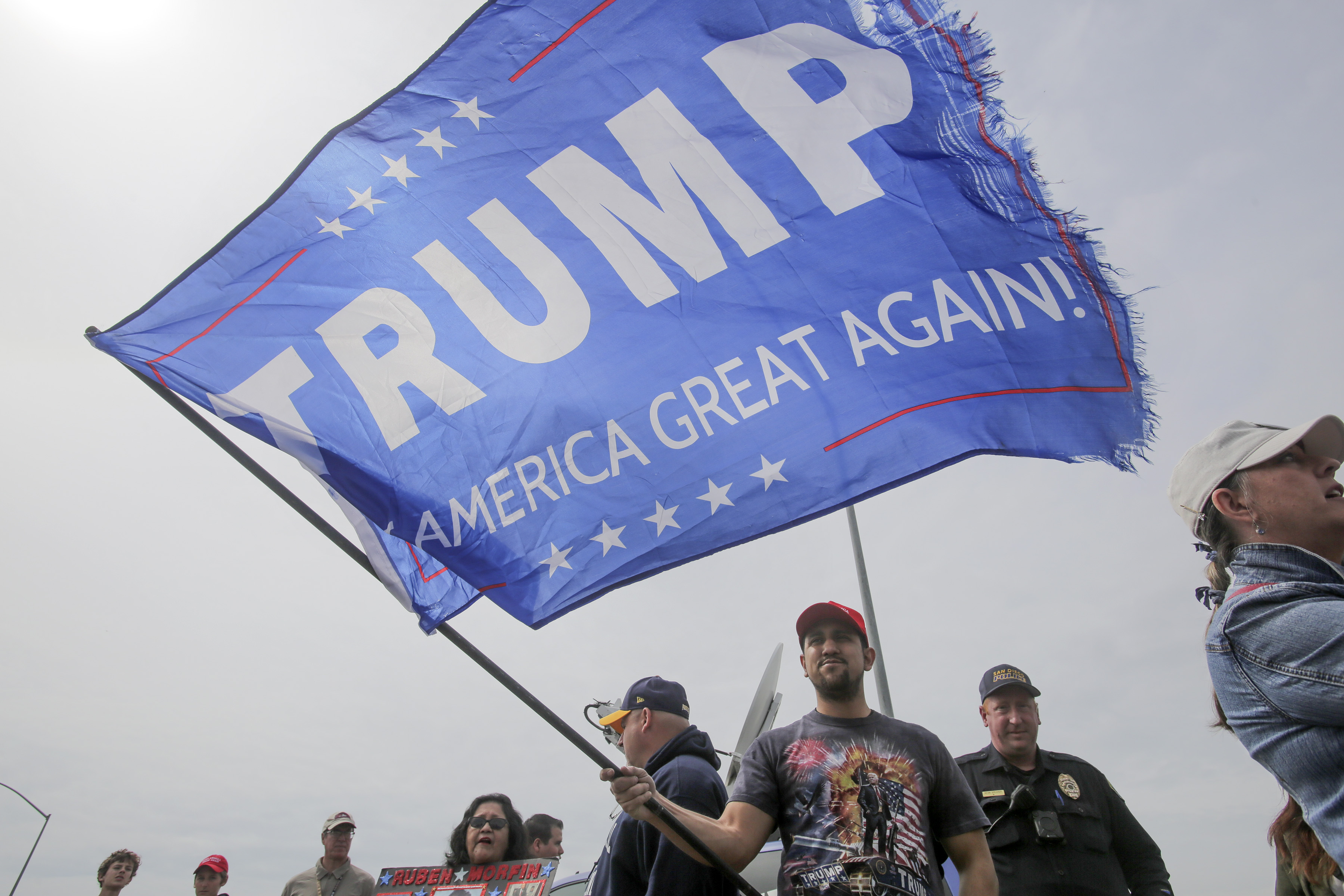Almost a third of Americans support U.S. troops being sent to war-torn Ukraine, according to a new poll.
A total of 31 percent of eligible voters in the U.S. support or strongly support American military forces heading to the battlefields of Ukraine, polling conducted exclusively for Newsweek by Redfield & Wilton Strategies has revealed.
A quarter of respondents neither supported nor opposed the idea of sending U.S. soldiers to Ukraine, with 34 percent against the suggestion. Just under one in ten respondents did not know.
The Pentagon said it had no comment to make when contacted by Newsweek about the results of the poll.

The U.S. is by far Ukraine's biggest backer in terms of military aid. Since the start of the Russian invasion on February 24, 2022, Washington has pledged more than $43 billion in security assistance to Kyiv. But the Biden administration has said since the early days of the conflict that U.S. soldiers will not be heading to the front lines in Ukraine.
A total of 1,500 people participated in the online poll, carried out between July 25 and July 26.
In the poll, those identified as "Millennial," between 27 and 42 years old, were most likely to "strongly support" committing U.S. troops to Ukraine. However, more respondents born between 1997 and 2012 said they would support the measure overall, 47 percent saying they supported or strongly supported sending U.S. troops.
Nearly a third of respondents aged over 59 said they opposed pledging U.S. troops to Ukraine, with a further 25 percent "strongly" opposing the suggestion.
Just four percent of "Gen Z" respondents, aged between 18 and 26, said they felt strongly against sending U.S. troops.
When Russia invaded Ukraine in February 2022, U.S. President Joe Biden said U.S. military forces "are not and will not be engaged in a conflict with Russia in Ukraine."
Biden said U.S. forces would be transferred to Europe, but they were not heading to the continent "to fight in Ukraine, but to defend our NATO allies and reassure those allies in the east."
"As I made crystal clear, the United States will defend every inch of NATO territory with a full force of American power," Biden said at the time.
However, Ukraine is not part of the alliance, despite loud calls from Kyiv to be allowed to join and promises from NATO that Kyiv could become a member state further down the line.
Under Article 5, NATO members are obligated to treat an attack on one state as an attack on all, and this is one of the reasons for the hesitancy about allowing Ukraine to become part of NATO while it is still at war with Russia.
In the polling for Newsweek, 47 percent of respondents said they either supported or strongly supported Ukraine being admitted into NATO, with just 15 percent saying they opposed Kyiv's membership. A further 29 percent expressed neither support nor opposition, and 10 percent did not know.
Just over a quarter said NATO should admit Ukraine immediately, whereas 37 percent believed Ukraine should become a NATO state after the war with Russia has finished.
On July 13, Biden said he had authorized an additional 3,000 reserve troops to be sent to Europe.
"This reaffirms the unwavering support and commitment to the defense of NATO's eastern flank in wake of Russia's illegal and unprovoked war on Ukraine," U.S. Lt. Gen. Douglas Sims told a Pentagon media briefing.
These soldiers "are not additional forces" but will "augment what we already have there," he said, adding their activities will be decided by the U.S. European Command.
In mid-April, ABC News reported that a "small U.S. military special operations team" had been operating from the U.S. Embassy in Kyiv since the early days of the war, but that they did not approach the front lines, citing a former and a current U.S. official.
On November 1, 2022, Pentagon Press Secretary, Brig. Gen. Pat Ryder told media that U.S. forces were at the embassy, but Washington had "been very clear there are no combat forces in Ukraine, no U.S. forces conducting combat operations in Ukraine."
"We have U.S. Marines at the embassy doing normal U.S. Marine-type guard duties," Ryder said. "These are not combat squads that are going out."








